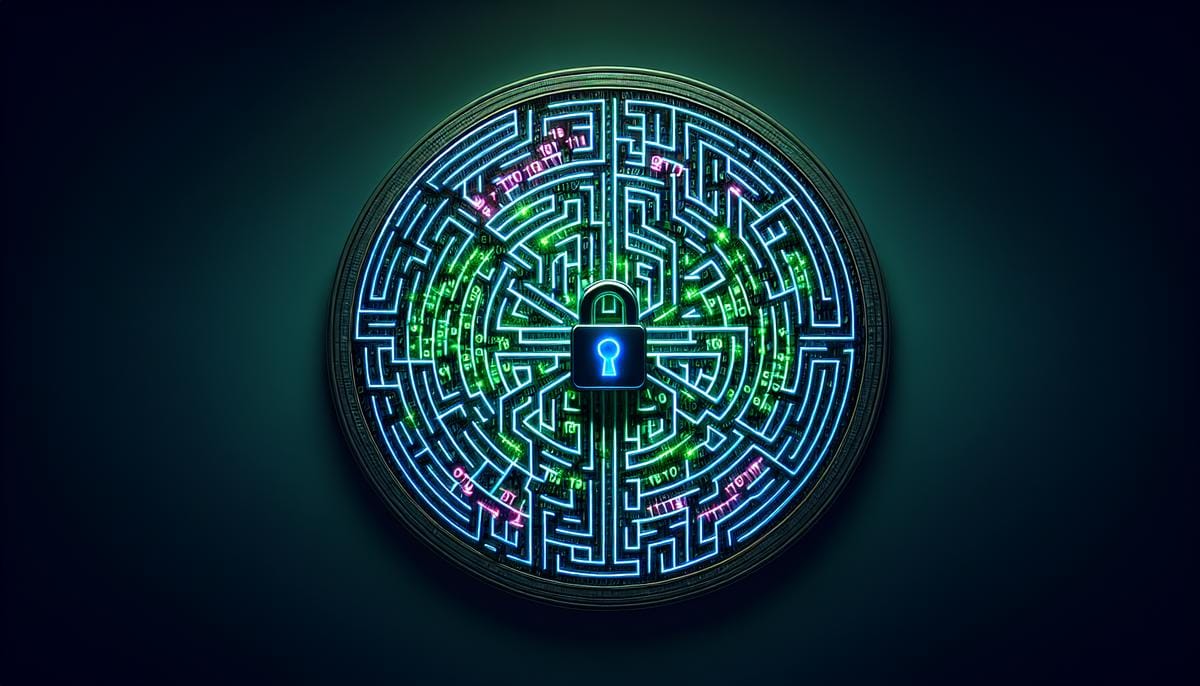The Dark Web: Exploring the Hidden Internet

Introduction to the Dark Web
The internet is a vast and seemingly endless entity, but what many people don't realize is that the surface web - the part of the internet we all know and use on a daily basis - only makes up a small fraction of the total web. Beneath the surface lies the dark web, a hidden and often misunderstood part of the internet that is only accessible through special software.
The dark web is often associated with illegal activities, but it is much more than just a haven for criminals. It is a place where people can browse the internet anonymously, free from the prying eyes of government agencies and corporations. It is also a place where whistleblowers can share sensitive information without fear of retribution, and where persecuted individuals can communicate safely without fear of persecution.
How to Access the Dark Web
To access the dark web, you need to use a specialized browser such as Tor, which stands for The Onion Router. Tor encrypts your internet traffic and routes it through a network of servers, making it nearly impossible to trace your activity back to you. This is why the dark web is often referred to as the 'invisible web' or the 'hidden web'.
Once you have Tor installed, you can access the dark web by entering a .onion domain into the browser. These domains are not indexed by traditional search engines, so you will need to know the specific URL or use a dark web search engine to find what you are looking for.
The Dark Web: A Cybercriminal's Paradise?
It's true that the dark web is home to a plethora of illegal activities, including drug trafficking, illegal arms sales, and child pornography. However, it is important to note that not everyone who uses the dark web is a criminal. In fact, the majority of dark web users are simply seeking privacy and anonymity.
One of the most notorious dark web marketplaces was the Silk Road, which was shut down by the FBI in 2013. The Silk Road was an online marketplace where users could buy and sell drugs, fake identification, and other illegal goods. Its creator, Ross Ulbricht, was sentenced to life in prison for his role in the operation.
The Dark Web and Freedom of Information
Despite its reputation, the dark web is also a place where freedom of information thrives. It is a platform for whistleblowers to share sensitive information without fear of retribution. The most famous example of this is the case of Edward Snowden, who leaked classified NSA documents to the public through the dark web.
The dark web is also a safe haven for those living under oppressive regimes, where free speech is not allowed. In countries where the internet is heavily censored, the dark web provides a way for citizens to access information and communicate with the outside world.
The Dangers of the Dark Web
While the dark web can be a tool for good, it is also a dangerous place. The anonymity that it provides can be a double-edged sword, making it a breeding ground for cybercrime. Identity theft, hacking, and other cyber attacks are prevalent on the dark web, and users should be cautious when exploring this hidden part of the internet.
In addition to cybercrime, the dark web is also known for its disturbing content. Sites that promote hate speech, violence, and other harmful ideologies can be found on the dark web, and it is important to be aware of this before venturing into this part of the internet.
Conclusion
The dark web is a complex and fascinating part of the internet that is often misunderstood. While it is true that it is home to illegal activities, it is also a place where freedom of information and privacy are valued. As with any part of the internet, it is important to be cautious and aware of the potential dangers when exploring the dark web. But for those who are willing to take the risk, the dark web provides a unique and intriguing glimpse into the hidden depths of the internet.


